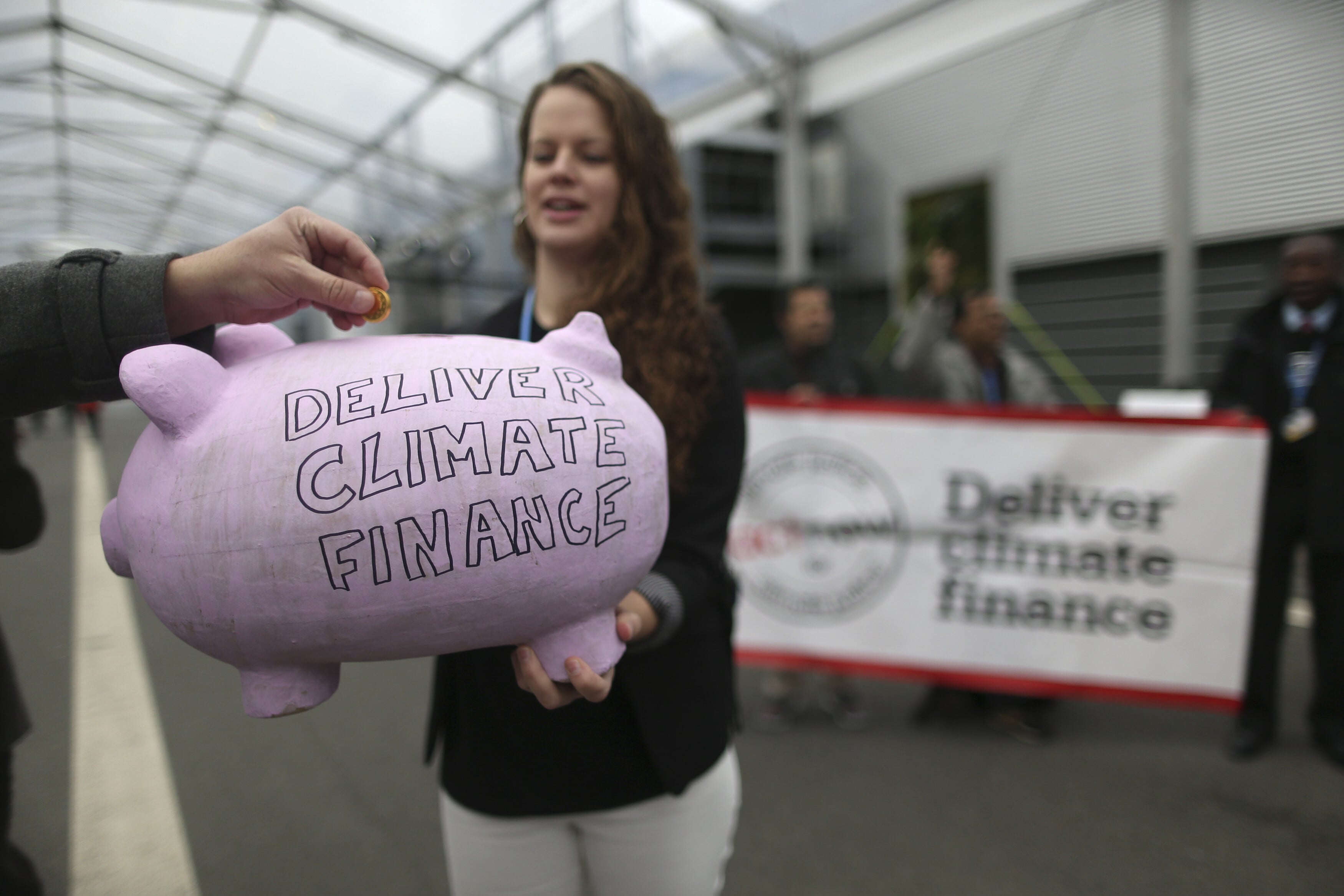How an African approach to financing models can drive growth and inclusion

Understanding indigenous approaches to money can help drive financial inclusion.
Image: Getty Images/iStockphoto
Stay up to date:
Africa
- There are key differences between financial behaviour in Africa and Western economies.
- Financial models should be aligned to the unique requirements of African communities.
- This approach can lead to sustainable financial inclusion and drive economic growth.
Defaults have risen in Africa – from Nigeria to Kenya. While it is partly caused by high interest rates and inflation, there is one more component that needs to discussed: the African view of consumer debt and finance system. The Western financial model, characterized by widespread use of credit cards and high consumer borrowing, starkly contrasts with African financial behaviour. For example, in the US – where there is an ingrained culture of credit usage and a robust financial infrastructure supporting consumer debt – there has been high consumer borrowing in 2024.
In Africa, however, the concept of consumer debt is approached with much more caution. Many Africans prefer to avoid debt, reflecting a cultural emphasis on financial prudence and a historical reliance on informal, community-based financial systems. Traditional financial systems in Africa often do not account for these cultural nuances, leading to a disconnect between financial products and consumer behaviour. For example, while credit cards are ubiquitous in the West, their uptake in Africa remains limited. This reluctance can be attributed to socio-cultural factors, such as a lack of trust in formal financial institutions and a preference for cash transactions.
Informal economies and trust-based transactions
While Kenya is known for M-PESA – a mobile money platform used to send and receive cash and make payments – this is more of an outlier than the norm. Most people, merchants and small businesses have stopped using the mobile money platform and reverted to cash because of the high transaction costs. It is important to note that Africa’s economy is predominantly informal.
For instance, many Africans operate within informal economies where trust-based transactions are more common than formal banking. Rotating savings and credit associations (ROSCAs), known locally by various names such as “esusu” in Nigeria or “stokvels” in South Africa or “chama” in Kenya, illustrate this point. These community-based savings groups rely on social bonds and mutual trust rather than formal contracts. Recognizing and integrating such indigenous financial practices into formal banking systems could significantly enhance financial inclusion. Most people prefer to be in stokvels than banks.
In fact, in South Africa, stokvels are successful despite the harsh economic conditions and seem to be an untapped opportunity. A study by Ipsos showed immense potential, with more than 800,000 stokvels in South Africa with a high persistent mistrust of traditional banking institutions, fuelled by perception of high fees and hidden charges. In Kenya the people have preferred chamas to formal banks as a savings and investment vehicle because of the trust within the group.
Leveraging local knowledge for financial innovation
With these cultural influences in mind, entrepreneurs and innovators should strive to possess a deep understanding of the African communities' needs and challenges. By leveraging this local knowledge, financial products can be designed to be more effective and widely accepted. One such fintech company trying to adapt to African behaviour is Money Fellows. This Egyptian fintech raised $31 million in funding in 2022, and CEO Ahmed Wadi was inspired to launch Money Fellows by the prevalent “cash-is-king” behaviour in Egypt and the widespread lack of bank accounts among Egyptians.
According to Ahmed Wadi, CEO of Money Fellows, “It’s a huge market, providing a very big opportunity. ROSCAs are more social, more culturally favourable, and more affordable to many. And the model has been there for hundreds of years and it hasn't died yet. It's still just as common years after the formation of the modern financial system. I think this is where the opportunity comes in, especially if we modernize it and ensure this model is done in a more efficient, more scalable, and more secure way.”
How is the World Economic Forum improving the global financial system?
This approach demonstrates how a deep understanding of local financial behaviours and challenges can lead to the creation of innovative and relevant financial solutions that resonate with the target market. It represents a fascinating mix between traditional behaviour and digital innovation.
The way forward
We've demonstrated that financing models based on Western-centric financial products often struggle to gain traction in African communities because they don't align with local realities. Therefore, simply copying and pasting Western business models into the African context isn't the answer. Here’s what you should consider instead:
- Understanding African behaviour: While ROSCAs are prevalent in countries like Nigeria, South Africa, and Kenya, it’s crucial to recognize that Africa is a diverse continent with 54 culturally distinct nations. This diversity means that saving and investment behaviours may vary significantly, so it’s essential to approach African markets with a nuanced understanding of these cultural differences.
- Developing tailored solutions: To achieve successful financial integration, it’s not enough to just understand African behaviour—you also need innovation. Developing solutions that cater specifically to local needs and cultural practices, while incorporating scalable and digital elements, can lead to more effective outcomes, as seen in the case of Money Fellows.
- Creating a scalable and accessible business model: While it’s important to consider cultural differences when developing new solutions in the savings and investment sectors, scalability should not be overlooked. Expanding into various African markets requires a delicate balance between leveraging cultural practices and standardizing your offerings. Finding this “magic recipe” can be key to scaling your business successfully.
By taking these steps to align with the unique needs and practices of African communities, there’s a greater chance of achieving sustainable financial inclusion and driving economic growth.
Accept our marketing cookies to access this content.
These cookies are currently disabled in your browser.
Don't miss any update on this topic
Create a free account and access your personalized content collection with our latest publications and analyses.
License and Republishing
World Economic Forum articles may be republished in accordance with the Creative Commons Attribution-NonCommercial-NoDerivatives 4.0 International Public License, and in accordance with our Terms of Use.
The views expressed in this article are those of the author alone and not the World Economic Forum.
Forum Stories newsletter
Bringing you weekly curated insights and analysis on the global issues that matter.
More on Financial and Monetary SystemsSee all
Sandra Waliczek and Harry Yeung
July 29, 2025
Pranidhi Sawhney and Adam Skali
July 29, 2025
David Carlin and Sourajit Aiyer
July 28, 2025
Veronica Frisancho
July 22, 2025
Jesus Serrano
July 14, 2025





